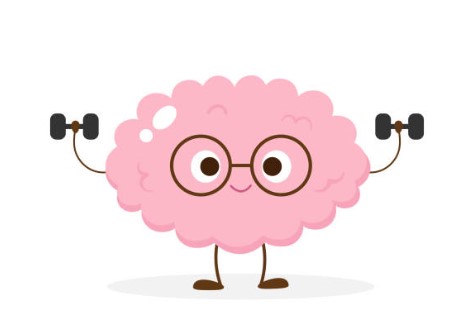Cognitive training, also known as brain training or cognitive rehabilitation, is a type of therapy that aims to improve cognitive function and abilities. Cognitive function refers to the mental processes that allow us to think, learn, and remember. These processes include attention, memory, language, perception, problem-solving, and decision-making.
Cognitive training can be used to improve cognitive function in people of all ages, but it is often used to help individuals who have experienced a decline in cognitive function due to aging, injury, or illness. For example, cognitive training may be used to help individuals who have suffered a stroke or traumatic brain injury regain cognitive function, or to help individuals with conditions such as Alzheimer's disease or dementia maintain cognitive function for as long as possible.
One of the main goals of cognitive training is to help individuals learn strategies and techniques that they can use to compensate for any cognitive deficits that they may have. For example, an individual with memory loss may be taught strategies such as using a planner or making lists to help them remember important tasks and information.
Cognitive training may also involve activities that challenge the brain and help to improve cognitive function. These activities may include puzzles, brain games, and other mental exercises that require problem-solving skills. In addition, cognitive training may involve activities such as reading, writing, or engaging in social activities, as these activities have been shown to have positive effects on cognitive function.
There is evidence to suggest that cognitive training can be effective in improving cognitive function in some individuals. However, it is important to keep in mind that the benefits of cognitive training may vary depending on the individual and the specific type of training being used. Some research has suggested that the benefits of cognitive training may be more pronounced in individuals who are in the early stages of cognitive decline, rather than those who have already experienced significant decline.
In addition, it is important to note that cognitive training is not a substitute for medical treatment. If you are experiencing cognitive difficulties, it is important to speak with a healthcare provider to determine the underlying cause and to discuss appropriate treatment options.
Overall, cognitive training can be a useful tool for improving cognitive function and abilities. However, it is important to be realistic about the potential benefits of cognitive training, and to work with a qualified therapist to develop a personalized plan that is tailored to your needs and goals.

Comments
Post a Comment